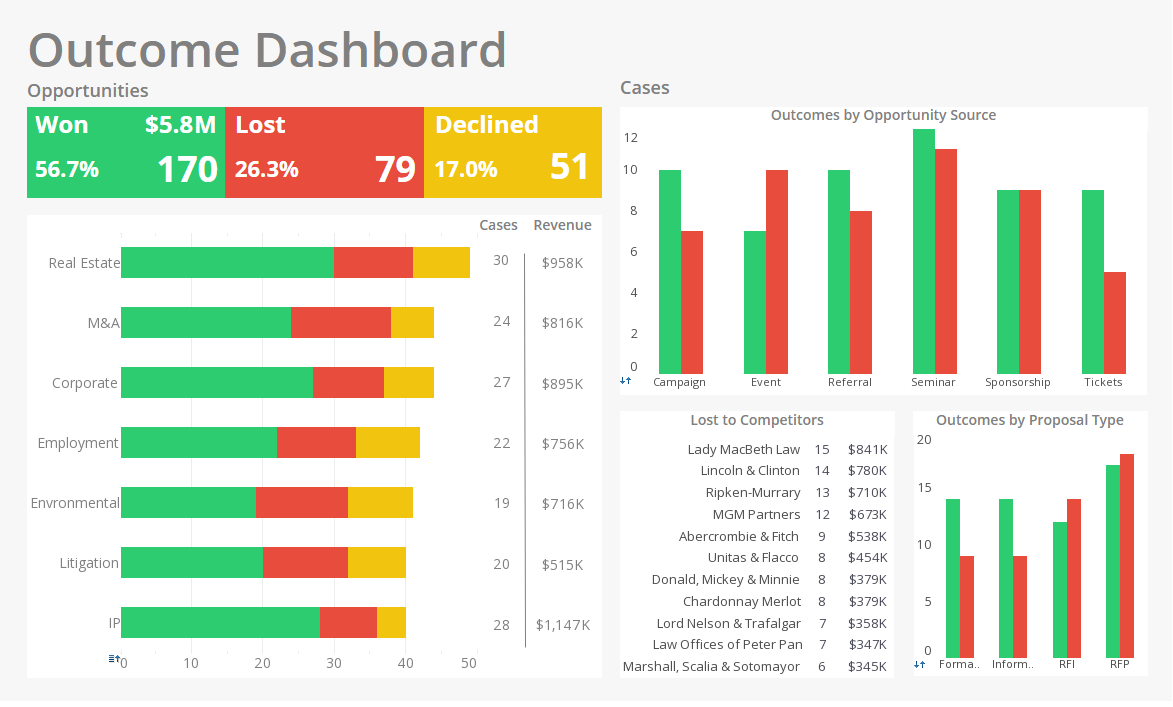Report Scheduling and Security
Report scheduling and security have been made simple with InetSoft's reporting software - an intuitive platform that allows for quick modifications. Many options for scheduled delivery of reports as PDFs, live URLs, and dashboard snapshots are available.
Schedules can be time-based or event-triggered. Recipients can be individuals or groups inside or outside the organization. View the information below to learn more about the Style Intelligence solution.
Scheduling properties include specifications relating to the RMI Scheduler application.
Security properties include specifications relating to security provider.
More Articles About Reporting
Cancer Research Key Performance - A cancer research institute typically has several key performance goals aligned with its mission to advance scientific knowledge, improve cancer treatment outcomes, and ultimately find cures for cancer. Some of the key performance goals that a cancer research institute may have include: Breakthrough Discoveries: One of the primary goals of a cancer research institute is to make breakthrough discoveries in cancer biology, genetics, and treatment modalities. This includes identifying novel cancer biomarkers, elucidating molecular pathways involved in cancer development and progression, and developing innovative therapeutic strategies, such as targeted therapies and immunotherapies. Translation of Research Findings into Clinical Practice: Another important goal is to translate research findings from the laboratory into clinical practice to benefit cancer patients. This may involve conducting clinical trials to evaluate the safety and efficacy of new cancer treatments...
Definition of BICC - Now it's also important to understand what the BICC is made up of. This is not just an IT group. From a terminology perspective I distinguish between BICC and a COE or center of excellence by the focus as far as the expansion. COE could be an IT organization that is a center of excellence that runs a shared service that different lines of business will access in order to get their reports or to get their information or to run their applications. When I talk about BICC, it's more of an infrastructure from an organization and skills perspective...
Evaluate InetSoft's Alternative BI DW Solution - Are you looking for alternative BI DW solutions? InetSoft is a pioneer in self-service analytics whose platform makes a data warehouse unnecessary. The platform transforms and mashes up data from disparate source with live connections or high-speed caching. View a demo and try interactive examples...
Having a BI Strategy Is a Core Critical Need - At the same time, not everyone has seen the kind of return on investment that you expected in the beginning, or you may not have realized the full rollout to all the users that you thought would benefit from BI. So clearly, having a BI strategy is a really core critical need. And my question to you would be do you actually have one? Now, I have seen customers say that yes, we have a BI strategy. And then, one of the things that I have seen them show me is an actual BI architecture slide. Now, a BI architecture slide is not a strategy. And if you have a clear, straightforward architecture and you know exactly who you are using for what, what tools you are using, that is good...
How Does The Data Visualization Refresh? - Okay. So there is a question about how does the data refresh. The mutual funds project, that was an ad hoc analysis. I just loaded some data, built the visualization, and saved it. It's done much like if I built a spreadsheet. I can save the spreadsheet and it will contain the embedded data like a spreadsheet with the data, or I can save it with no data but it's going to source link, so when you open and we'll go get new data from wherever it is and bring in the refreshed data and adjust itself. The first project, the call center would be in production. The mutual fund example, because there were 60 or 70 tables, that would be saved on a file server somewhere and then it could kick off on the demand when the user open it, or it more likely it's going to kick off on some schedule, say three in the morning...

